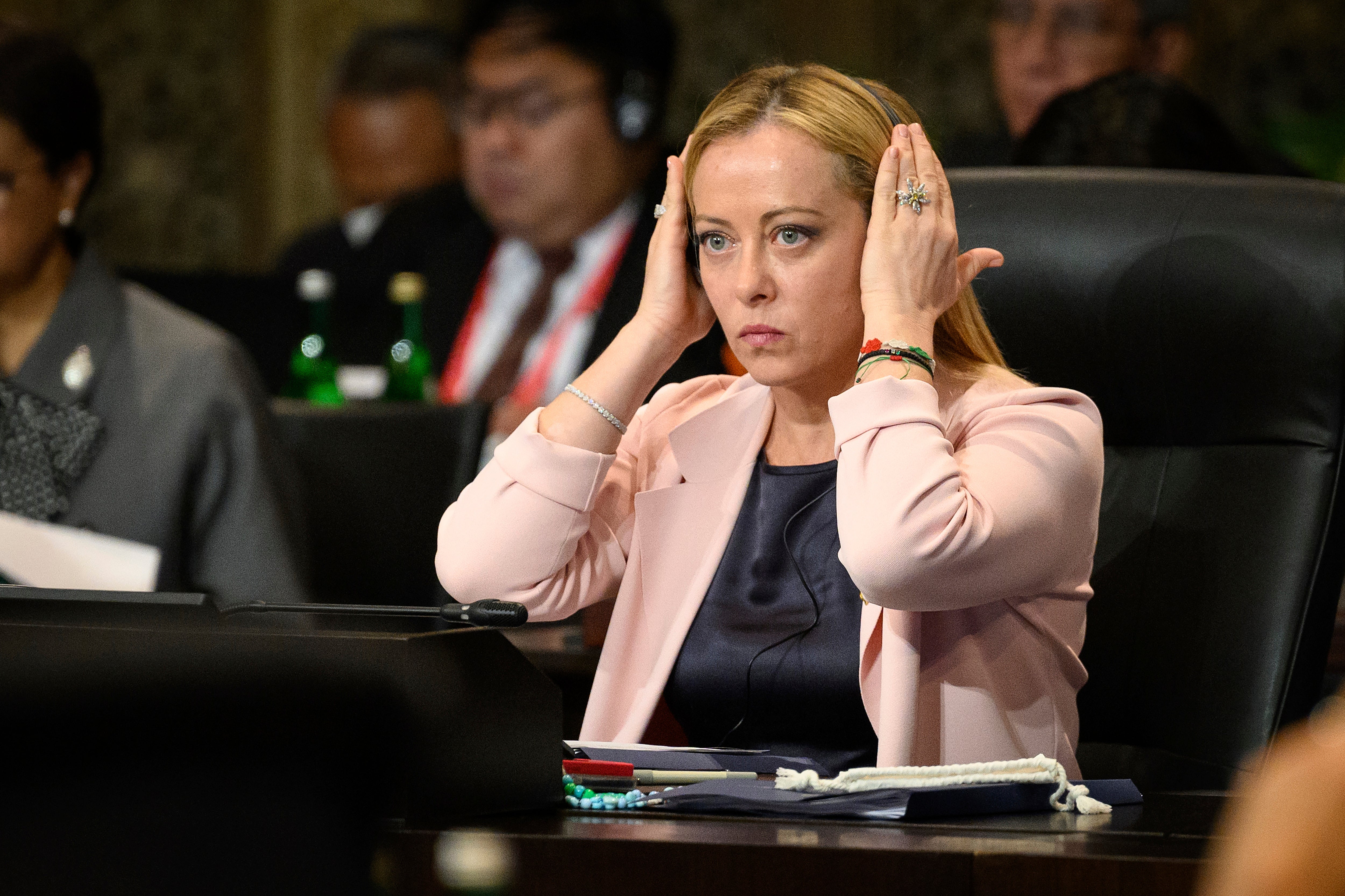
The demand for luxury apartments is booming in Milan, with complexes in affluent areas like Porta Nuova and Porta Garibaldi being snapped up as soon as they hit the market.
The main driver behind this is the stream of international bankers, fund managers and private equity investors who have moved to Italy’s financial capital from London in the continuing repercussions of Brexit.
As polls in the UK show the current high level of ‘Bregret’ among the electorate, Milan is among European cities benefiting from the fallout. Italian banks such as UniCredit and Mediobanca were the first to rebase employees ; they have been followed since by multinationals likke Goldman Sachs, Certares, Eisler Capital UK and Andera Partners.
There was celebration among some Brexiteers in the UK when the hard-right coalition of Brothers of Italy led by Georgia Meloni with Matteo Salvini’s Lega and Silvio Berlusconi’s centre-right Forza Italia won the country’s election last autumn.
It was accompanied by predictions of fractures widening in the European Union: Nigel Farage spoke of confrontations between Rome and Brussels. The Telegraph declared that the result was “confirming a popular rejection of the technocratic style of government beloved by Brussels elites…”
But Meloni declared fairly quickly that her government would comply with all European Union rules and regulations, stressing she had no intention of putting at risk things like £166bn in European Union funding allocated for vital infrastructure reform.
In her maiden speech to parliament she pledged her government would remain within European institutions “ because that is the place Italy will make its voice heard loudly”. There will be no attempt to “slow down European integration but to steer it to be more efficient in its response to crisis…”
Senior Italian government officials say that the economic and social turbulence in the UK has been salutary. The populist parties – the Brothers of Italy, the League and Five Star Movement – dropped their long standing demands for referendum on European Union membership not long after Brexit.

Plans for sweeping tax cuts by the Italian government has been tempered by witnessing the calamitous premiership of Liz Truss.
Lorenzo Codogno, the former chief economist and director general at the Italian finance ministry, now at the London School Economics, said: “The [government] coalition has won both houses of parliament and can take its time in making decisions…. They won’t make the same mistakes as [Kwasi] Kwarteng and Liz Truss.”
There had been apprehension in Nato and the European Union that the Coalition, with the ties that Berlusconi and Salvini have with Vladimir Putin, may not be robust enough in supporting Ukraine in the war, especially with energy prices rising.
Meloni, however, pledged to be “a loyal partner of Nato and Ukraine. Those who believe it is possible to barter Ukraine’s freedom for our peace of mind are wrong. Giving in to Putin’s blackmail on energy… would pave the way for further blackmail, and even higher energy prices,” she said.
Italy and France are due to supply Ukraine with the SAMP-T “Mamba” air defence missiles. Kyiv had specifically requested the system: on Tuesday, Oleksiy Reznikov, the Ukrainian defence minister, welcomed the progress being made on its delivery.
Last week a street concert was taking place outside the Duomo in Milan in support of Ukraine. At La Scala, nearby, there was a recital by the renowned soprano Renee Fleming with Evgeny Kissin on piano. Moscow born Kissin, who became a British citizen two decades ago, has been a vocal critic of Putin’s invasion, and had taken part in fund-raising for Ukraine.
Philippe Lernier was in the La Scala audience. The 33-year-old French investment banker moved to Milan last year after nine years in London.“I could have gone to Paris or Amsterdam, but when Milan came up as an option, we thought, ‘why not?’ It’s a lovely city” he said.
“We have friends in England we’re very fond of, it’ll be easy enough to see each other, the flights are just a couple of hours. We really liked London. But things certainly changed after Brexit. I saw The Economist [magazine] cover saying the UK is now like Italy with the economic and political turmoil. I saw the [Italian] ambassador complained, this country does actually feel more stable than the UK at present.”
Giovanni Raffa, a private banker with Credit Suisse has also moved to Milan from the UK, after 16 years in London. He has no regrets. “It’s the country’s financial powerhouse, is well-connected to the main hubs in continental Europe, and offers a high-quality lifestyle… it’s so compact my commute is half the time it took in London.”
Andrea Pincherli Vicini, the founder and CEO of a Milan high-end property business Vincenzo Monti Prestige is happy with the way things are going. “The real estate market for luxury properties in Milan is showing a real upward trend. After Brexit we have seen a significant flow of Italians coming back, along with a growing number of rich foreign buyers. Brexit has been good for business.”







